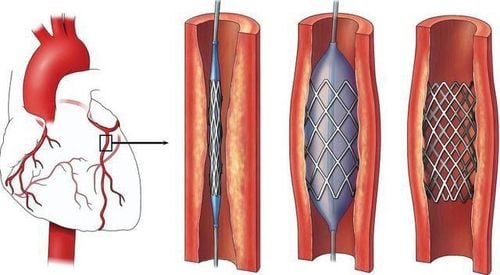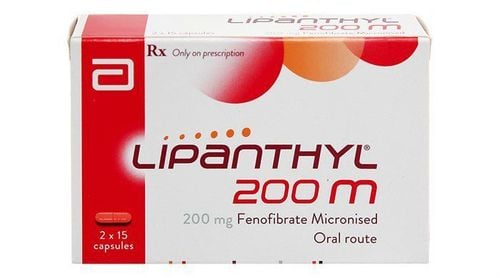Olive oil, a staple of the Mediterranean diet, is rich in antioxidants and primarily contains monounsaturated fatty acids (MUFA) as its main type of fat. The antioxidants in olive oil can help protect the body from cellular damage, which may contribute to various health conditions and diseases. Including olive oil in your diet can support overall health and well-being.
1. What is olive oil?
Olive trees are a traditional crop of the Mediterranean region. Olive oil is made by pressing whole olives. It is commonly used by people with heart disease, high cholesterol, and high blood pressure.
Olive oil has various uses, including cooking, cosmetics, medicine, soap production, and as fuel for traditional lamps. Although it originally came from the Mediterranean, olive oil is now popular worldwide.
In food, olive oil is used for cooking and as a salad dressing. It is classified based on the amount of free oleic acid it contains. Extra virgin olive oil has up to 1% free oleic acid, virgin olive oil contains 2%, and regular olive oil contains 3.3%. Unrefined olive oil with more than 3.3% free oleic acid is considered "not suitable for human consumption."
2. How olive oil works
The fatty acids in olive oil appear to help lower cholesterol levels and have anti-inflammatory effects. Additionally, olive leaves and olive oil may help reduce blood pressure. Olive oil can also kill microorganisms, including bacteria and fungi.
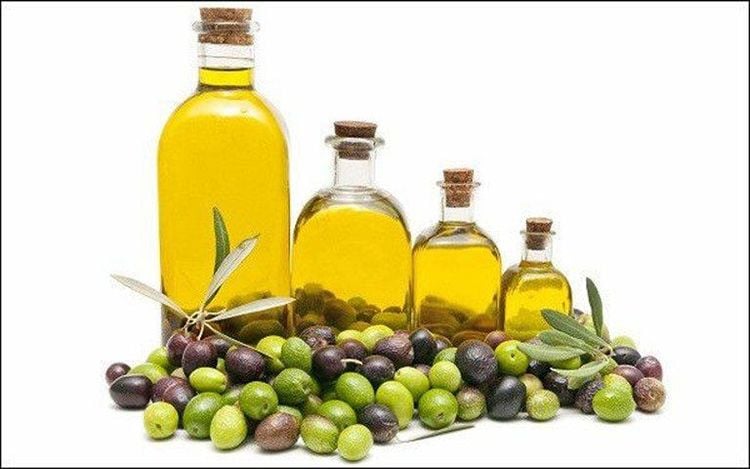
3. Uses and efficacy of olive oil
What is olive oil used for and does it really work as well as it claims?
3.1. Olive oil may be effective
- Breast Cancer: Women who include a lot of olive oil in their daily diet seem to have a lower risk of breast cancer compared to those who don’t use it.
- Heart Disease: Using olive oil in daily meals appears to lower the risk of heart disease and heart attacks compared to using other types of oils. Olive oil also helps reduce cholesterol levels. High cholesterol and high blood pressure are major risk factors for heart disease. Recent studies show that following a diet that includes olive oil can reduce the risk of heart attacks, strokes, and heart disease-related deaths compared to similar diets that include little or no olive oil.
- Constipation: Taking olive oil orally may help soften stools in people with constipation.
- Diabetes: People who consume more olive oil (around 15–20 grams per day) seem to have a lower risk of developing diabetes compared to those who don’t use it. However, eating more than 20 grams per day does not provide extra health benefits. Recent research suggests olive oil may improve blood sugar control in people with diabetes. Additionally, olive oil in a Mediterranean diet may reduce the risk of "arterial hardening" (atherosclerosis) in diabetic patients compared to polyunsaturated oils like sunflower oil.
- High Cholesterol: Replacing saturated fats in the diet with olive oil can lower total cholesterol levels in people with high cholesterol. However, some other oils may reduce total cholesterol even more effectively than olive oil.
- High Blood Pressure: Adding a large amount of extra virgin olive oil to your diet, along with continuing standard treatments for high blood pressure, can improve blood pressure levels within six months.
In some cases, people with mild to moderate high blood pressure who use olive oil may be able to reduce their medication dosage or even stop taking it entirely. However, you should never adjust your medication without consulting your doctor.
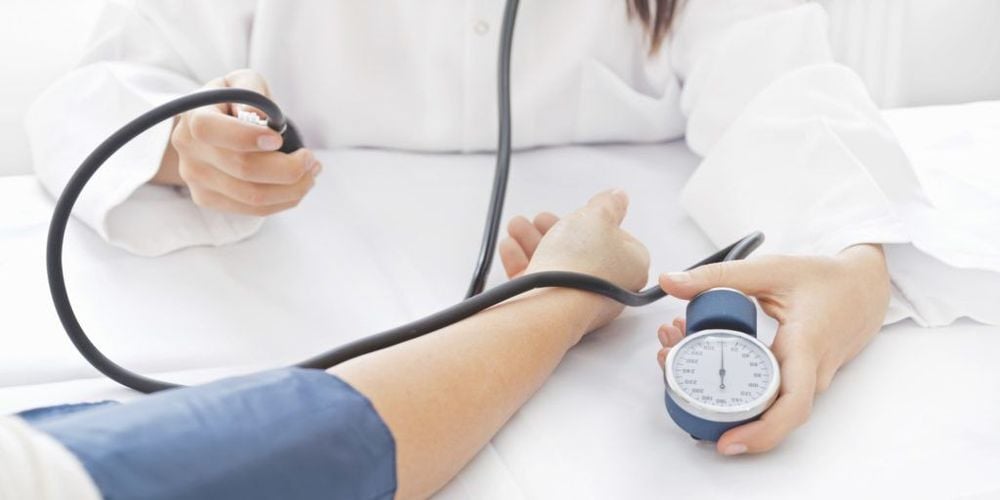
3.2. Olive oil may not be effective
- Earwax: Applying olive oil to the skin does not appear to help soften earwax.
- Ear Infection (Otitis Media): Applying olive oil to the skin does not seem to reduce pain in children with middle ear infections.
3.3. The effects of olive oil are not fully proven
- Eczema (atopic dermatitis). Early studies suggest that applying a mixture of honey, beeswax, and olive oil along with standard care may improve eczema.
- Cancer. People who use more olive oil may have a lower risk of cancer.
- Leakage of body fluids (chyle) into the space between the lungs and chest wall. Sometimes, chyle leaks into this space during esophageal surgery. Drinking about half a cup of olive oil eight hours before surgery may help prevent this complication.
- Memory and thinking abilities (cognitive function). Middle-aged women who use olive oil for cooking seem to have better memory and thinking abilities compared to those who use other oils.
- Colon and rectal cancer. Some studies suggest that people who consume more olive oil in their diet may have a lower risk of colorectal cancer than those who do not.
- Gastrointestinal infections leading to ulcers (Helicobacter pylori or H. pylori). Early research shows that taking 30 grams of olive oil before breakfast for 2–4 weeks may help eliminate Helicobacter pylori infection in some people.
- Metabolic syndrome, which includes high blood pressure, excess body fat, or high blood sugar, increasing the risk of heart attack, stroke, or diabetes. Olive leaf extract seems to help control blood sugar levels in men but does not seem to reduce body weight, cholesterol levels, or blood pressure.
- Fat buildup in the liver in people with non-alcoholic fatty liver disease (NAFLD). Adding olive oil to a low-calorie diet may improve fatty liver more effectively than the diet alone in patients with NAFLD.
- Osteoarthritis. Early studies suggest that using a frozen water extract of olives or an olive leaf extract may reduce pain and improve movement in people with osteoarthritis.
- Osteoporosis. Taking olive leaf extract daily along with calcium may slow bone loss in postmenopausal women with low bone density.
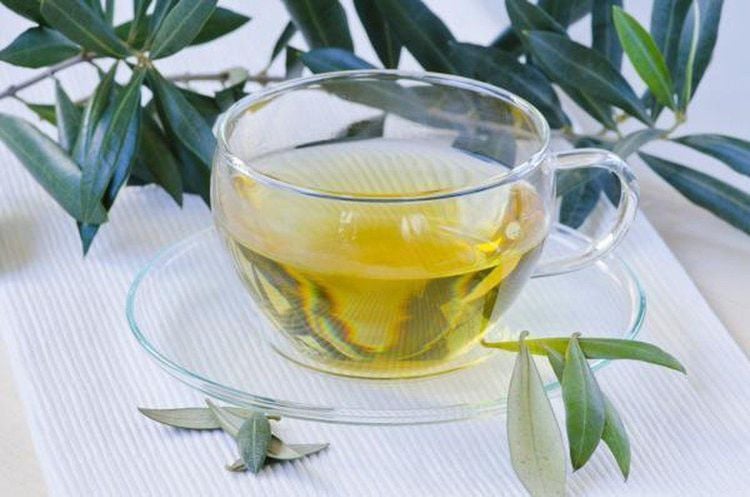
- Ovarian cancer. Observational studies suggest that women who consume more olive oil in their daily diet may have a lower risk of ovarian cancer.
- Psoriasis. Early research shows that applying a mixture of honey, beeswax, and olive oil to the skin along with standard care may improve psoriasis.
- Rheumatoid arthritis (RA). Some studies suggest that people with a diet high in olive oil may have a lower risk of developing rheumatoid arthritis. However, recent early research indicates that drinking olive fruit extract does not significantly improve rheumatoid arthritis symptoms.
4. Some side effects of olive oil and warnings
4.1. When taken orally
Olive oil is safe when consumed in appropriate amounts (about 28 grams per day). Consuming up to 1 liter per week is also safe as part of a Mediterranean diet. Additionally, olive leaf extract is safe when taken orally in appropriate amounts. However, there is not enough reliable information about the safety of olive leaves.
4.2. When applied to the skin
Olive oil is generally safe when applied to the skin. It may cause delayed allergic reactions and can affect dermatitis.
4.3. When inhaled
Olive trees produce pollen, which may cause seasonal respiratory allergies in some people.

5. Precautions
- For pregnant and breastfeeding women: Currently, there is not enough reliable information about using olive products for these groups. Therefore, they should not use olive products in amounts larger than what is typically found in food.
- Diabetes: Olive oil may help lower blood sugar levels. People with diabetes should monitor their blood sugar when using olive oil.
- Surgery: Olive oil may affect blood sugar control, especially during and after surgery. It is recommended to stop using olive oil 2 weeks before undergoing surgery.
6. Drug interactions
- Diabetes medications interaction with olive oil: Olives and olive oil may lower blood sugar levels. Diabetes medications are also used to reduce blood sugar. Taking olive oil along with diabetes medications may cause blood sugar levels to drop too low.
- Blood pressure medications interaction with olive oil: Olives seem to have a blood pressure-lowering effect. Taking olive oil along with medications for high blood pressure may cause your blood pressure to drop too low.
7. Dosage
The following dosages have been studied in scientific research:
- For constipation: Use 30 ml of olive oil.
- To prevent heart disease: Use 54 grams of olive oil daily (approximately 4 tablespoons).
- To prevent diabetes: A diet rich in olive oil has been used at a dosage of about 15–20 grams daily.
- For high cholesterol: Use 23 grams of olive oil daily (approximately 2 tablespoons), providing 17.5 grams of monounsaturated fatty acids as a substitute for saturated fats in the diet.
- For high blood pressure: Use 30–40 grams daily in the diet or 400 mg of olive leaf extract per day.
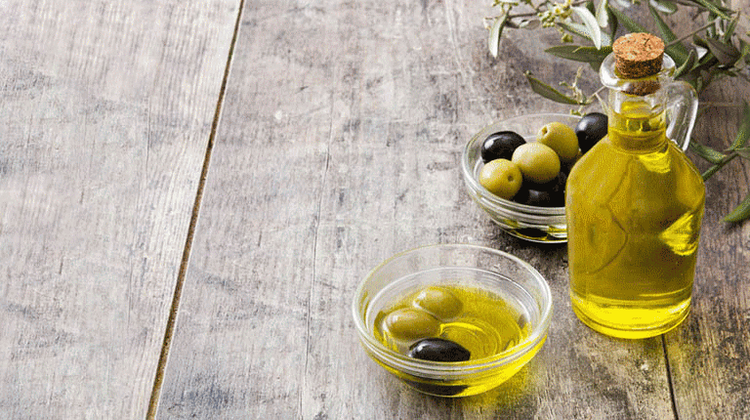
Vinmec International Hospital with modern facilities and medical equipment and a team of experts and doctors with many years of experience in medical examination and treatment, patients can be completely rest assured when visiting and receiving treatment at the Hospital.
To arrange an appointment, please call HOTLINE or make your reservation directly HERE. You may also download the MyVinmec app to schedule appointments faster and manage your reservations more conveniently.




